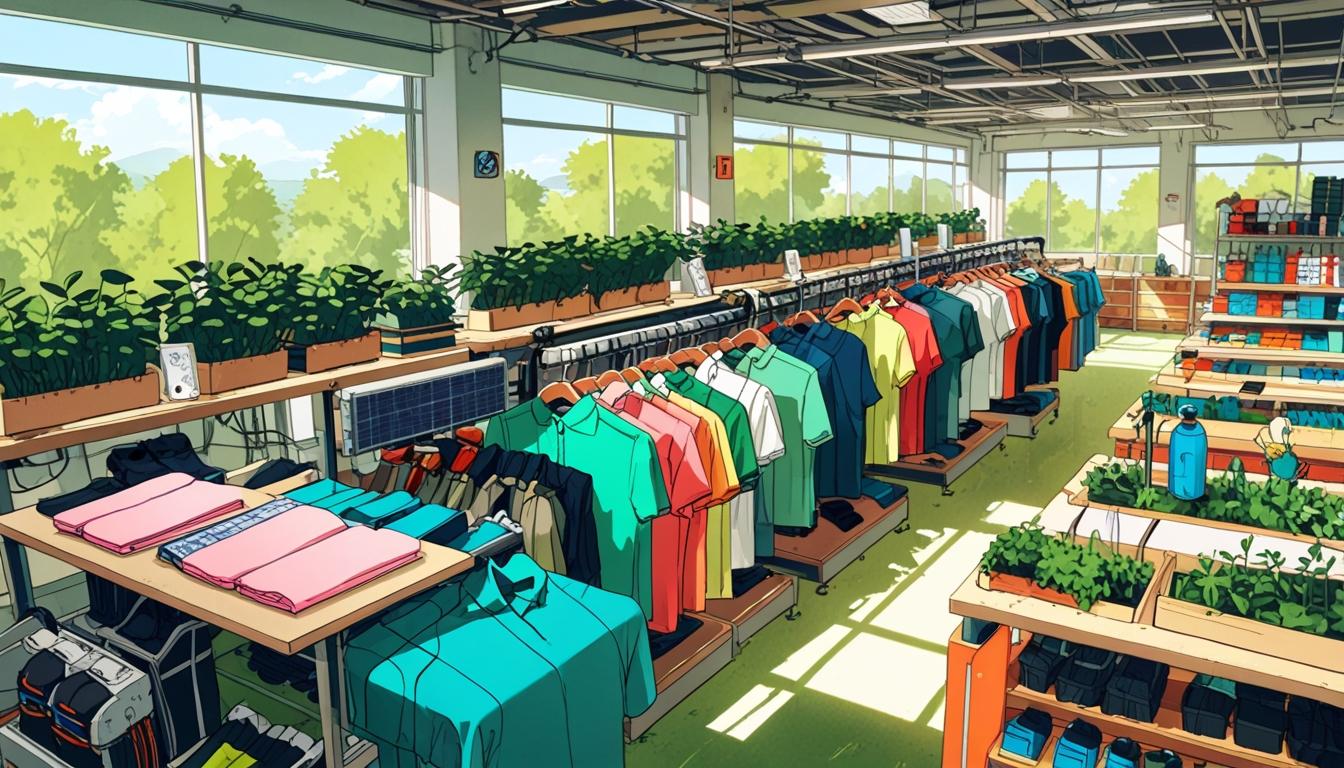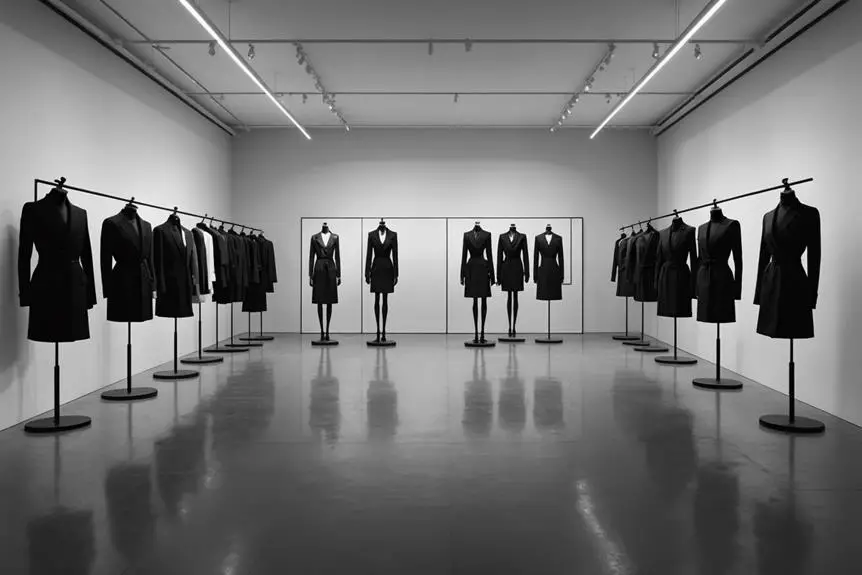London: British brand Bunker Mentality is revolutionising golf apparel with its Made For You service, allowing customers to customise clothing while tackling sustainability issues. CEO Robert Hart advocates for a shift from traditional production methods to a more environmentally conscious model that reduces waste and enhances consumer choice.
In a notable shift within the fashion industry, particularly in the realm of golf apparel, British brand Bunker Mentality is pioneering an innovative approach to production with its recently launched on-demand service. This initiative, dubbed Made For You (MFY), aims to address critical issues of waste and customer choice while challenging the established retail models that have long dominated the sector.
CEO Robert Hart discussed the evolution of Bunker Mentality’s approach, explaining to Apparel Insider that he had previously been entrenched in the traditional bulk production model. However, a severe leg injury in December 2023 forced him to reconsider the operational facets of his business, leading to an exploration of the sustainability crisis within the textile industry. “I was unaware of a substantial amount of information about the sustainability crisis and the role the textile industry played in that,” Hart stated, revealing an awakening to the industry’s need for reform.
Bunker Mentality, which officially launched its MFY service in October 2024, enables customers to customise their golf clothing by selecting styles, colours, and sizes directly through the brand’s website. Once an order is made, it is sent directly to their factory, where garments are printed, cut, sewn, and shipped to the customer within a ten-day timeframe. The factory, located in the Far East, incorporates solar power and water recycling systems, underscoring the brand’s commitment to a sustainable manufacturing process.
Current offerings utilise standard polyester fabrics, but from June 2025, Bunker Mentality plans to incorporate recycled materials, with the potential addition of bamboo fabrics as further options. This commitment to sustainability aims not only to reduce waste but also to provide consumers with environmentally conscious choices.
Hart has also tackled a common challenge faced by online retailers: sizing and returns. He noted, “If a customer doesn’t like the fit, we’ll make them a new one, take back the first, and resell it through our website.” This consumer-centric strategy has helped to keep returns, often a headache for retailers, down to just 5 per cent—far below the industry average.
Feedback on the MFY service has been positive, with a personal trial yielding a custom-fit golf polo that met expectations in terms of craftsmanship and fit. Hart’s vision is not limited to golf apparel; he has plans to expand the MFY model into various sports, potentially launching lines such as Tennis Mentality, Running Mentality, and Cycling Mentality, among others. Hart emphasised the brand’s ambition to explore women’s technical golf shirts too, indicating a broadening of their market reach.
The reception of the MFY service in the final quarter of 2024 was encouraging, with half of the polo shirts sold being made to order, illustrating consumer willingness to invest time for personalised products. “That tells us people are willing to wait a little longer for a product that’s truly theirs,” Hart commented.
Despite the success of the MFY model, Hart noted the challenges of the mainstream fashion industry, which inherently relies on high production volumes and is often resistant to change. However, he recognised a trend towards on-demand production among smaller brands, driven by sustainability and flexibility.
Potential regulatory changes may further influence a shift in industry practices. Hart highlighted that extended producer responsibility (EPR) legislation could compel larger brands to reconsider their approaches to production, particularly if penalties for overproduction become commonplace.
In sum, Bunker Mentality’s foray into on-demand production represents a fresh perspective in golf apparel, combining consumer demand with sustainability. As the industry grapples with its environmental impact, Hart and his team are poised to contribute a viable alternative to the traditional retail model, potentially shaping the future of sportswear shopping.
Source: Noah Wire Services




